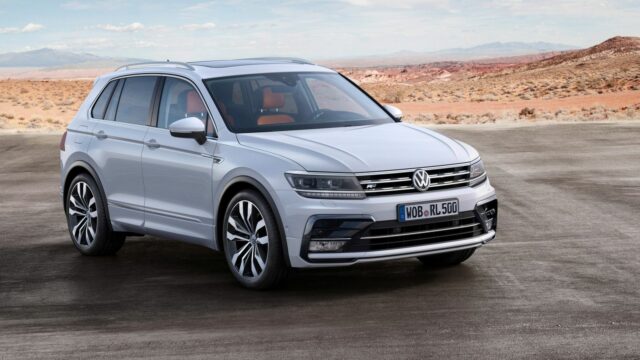Forgetting Dieselgate is not that easy

Ever since Dieselgate hit the fan, Volkswagen has been trying to deal with the elephant in the room in every way you can think of.
For example, they came up with special editions for as many models as they could, a strategy backed by a wave of promises and commitments towards a greener future lineup, again, supported by the unveiling of electric – BUDD-E – and hybrid – T-Prime GTE – prototypes.
But just like a tsunami, Dieselgate's repercussions won't wash off that quick, yet neither will VW's campaign on making things right. Or as their PR speaking trumpet puts it, 'the Volkswagen Group is continuing to work assiduously on the environmental compatibility of conventional drive systems.' Right.
So, after announcing a new 1.5-liter TSI 'Evo' engine a couple of months ago, the Wolfsburg-based giant plans to introduce particulate filters for petrol engines.
They also have a timeframe for it, as the first conversions are bound to start in 2017 on the 1.4-litre TSI engine in the new Volkswagen Tiguan and the 2.0 TFSI in the Audi A5. Finally, VW forecasts say that by 2022, seven million VW Group vehicles would receive this new piece of technology.
Particulate filters for diesel engines are a proven and widely-used gizmo in the car industry, but VW claims their use on gasoline powerplants lowers CO2 emissions and boosts efficiency.
On the same note, the manufacturer's upcoming diesel units will adopt the AdBlue approach for keeping the bad stuff out of the atmosphere:
